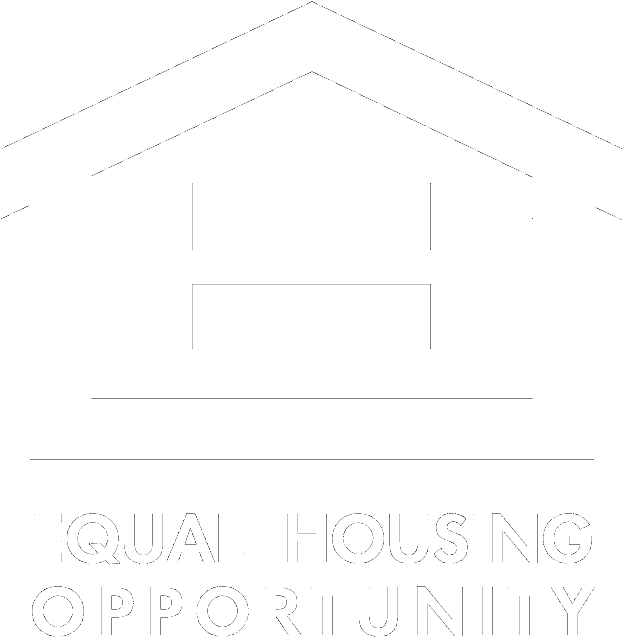The real estate landscape is ever-changing, and 2024 is set to bring some significant shifts, especially for homeowners looking to convert their primary residence into a rental property. For those who have an amazing rate, and lots of equity this has become an attractive way to generate passive income and build wealth. One of the key changes is the new Fannie Mae guidelines on calculating monthly rental income. In this article, we’ll explore 5 important considerations you need to take into account if you’re planning to make this transition in 2024. And it all starts with this question; do you already own another rental, or will this become your first rental? If this becomes your first rental, things are changing read on!
1. Understanding the New Fannie Mae Guidelines
The Scenario
Your current mortgage is $2,500 and your home will rent for $4,000 so you want to keep it and bank roll that cash flow while you gain valuable tax benefits and continued appreciation. Here is what we’ve always done to help you qualify for the next home. It is called the 75% rule. Basically take 75% of the proposed rent, and we added it to your qualifying income.
- Estimated Rent: $4,000 @ 75% = $3,000
- Existing Mortgage= $2,500
- Outcome= $500 added to your qualifying income
- Mortgage from house you are moving out of becomes obsolete with credit ($3,000) and even additional qualifying income $500/month
- You charge ahead!
What Changes in 2024?
The new guidelines effective January 1, 2024, maintain the same structure. You can still offset your old mortgage payment with the rental income, but it won’t contribute to reducing the Debt-to-Income (DTI) ratio for your new mortgage. WHEN you do not have landlord experience (other properties as rentals on your tax return).
Key Takeaway: If you’re planning to buy a new home and make your current one a rental, be aware that the rental income may not give you the financial leverage you might have expected.
2. Assessing Your Debt-to-Income Ratio
Your DTI ratio is a critical factor that lenders consider when approving a mortgage. The new Fannie Mae guidelines make it even more important to keep an eye on this number.
Key Takeaway: Before making any decisions, calculate your DTI under the new guidelines to ensure you’re financially prepared for this transition.
3. Market Research for Rental Rates
Knowing the going rental rates in your area can give you a realistic expectation of the income you can generate. This is crucial for financial planning and for setting competitive yet profitable rental prices.
Key Takeaway: Conduct thorough market research to set a rental price that aligns with your financial goals and market conditions.
4. Property Management Experience
The Fannie Mae guidelines place importance on having at least one year of property management experience if you wish to include rental income in your gross monthly income.
Key Takeaway: If you’re new to being a landlord, consider taking property management courses or hiring a property manager to navigate the complexities of rental income.
5. Tax Implications
Turning your primary residence into a rental property comes with its own set of tax implications. You’ll need to consider property taxes, income taxes on your rental income, and potential capital gains taxes if you sell the property later.
Key Takeaway: Consult a tax advisor to fully understand the tax implications and to plan your finances accordingly.
Making your home a rental property in 2024 requires careful planning and consideration, especially with the new Fannie Mae guidelines coming into effect. From understanding these new rules to assessing your DTI and conducting market research, each step is crucial for a smooth transition.
If you’re considering making your home a rental property in 2024, now is the time to start planning. Send us your questions, early, to explore your options and make an informed decision tailored to your financial situation. For those who already own a rental and want to make your current home one, we’ve got you covered as well! Reach out to talk one on one.












